- Los objetivos del día
- Pronunciar correctamente en español todas las letras del alfabeto y palabras representativas.
- Demostrar capacidad de funcionar al nivel de Novice Mid en las normas de competencia de ACTFL.
- La geografía - If Lilly can ...
- ¿Cómo se dice? PP 18
To greet
Good morning.
Good afternoon.
Good evening/night.
How are you? (informal)
How are you? (formal)
Hi! (informal)
What's up? (informal)
What's new? (informal)
How to answer
Pretty well.
Fine thanks. And you? (formal)
And you? (informal)
So-so.
How to say goodbye
Goodbye.
Good night.
Bye. (informal)
See you later.
See you tomorrow.
See you soon.
See you later.
|
What's your name? (formal)
What's your name? (informal)
How's it going?
What's your name? (informal)
What's your telephone number? (informal)
What's your address? (informal)
Where are you from? (formal)
Where are you from? (informal)
Introductions
Nice to meet you .
The pleasure is mine .
My name is . . .
Nice to meet you .
I am . . .
I'm from . . .
Titles
Mr.
Mrs., Ms.
Miss
Numbers
0-30
|
Personal pronouns
I
you (informal)
you (formal)
he
she
we
you (informal: Spain)
you
they
Question words
How?
Which?
When?
How much?
How many?
From where?
Where?
Why?
What?
Who?
Verbs
there is, there are
to be
|
- El alfabeto - ¿Cómo se pronuncian las letras del alfabeto?

- a b c d e
- f g h i j
- k l m n ñ
- o p q r s
- t u v w x
- y z
- In the past "??" and "??" were separate entries in Spanish-language dictionaries, but that is no longer the case. The letters "?" and "?" appear only in words of foreign origin.
- All letters are fe?????? nouns (la a, la be, etc). The alphabet is called "el al??????" or "el ab????????" in Spanish.
- Anuncios, etc.
- Rúbrica de participación
- Course Prerequisite Form
- MindTap account - Name rather than email as name ... Let's visit the syllabus
- Census - What does that mean? https://studentservices.ncsu.edu/
- El teclado internacional
- El club de español
Spanish Club at NC State
We welcome all levels to learn, practice, and get involved!
Meetings are Tuesday nights 6-7 pm.
We alternate between Event nights (held in Withers 331) and Conversation nights (held in the Withers Lobby) weekly.
Contact: President Elizabeth Russell ( egrussel@ncsu.edu)
|
- El lunes, el miércoles y el viernes
-
Repaso ...
- ¿Correcto o incorrecto?
- veinitres
- veintitrés
- veinte i tres
- veintitrès
- veinte y tres
- veinte y trés
- ¿Cuál es la respuesta, y por qué?
- Ramón: Perdón, ¿ ______________ sois de España?
- Las vocales y las consonantes
| a |
a |
Argentina |
| b |
be |
Bolivia |
| c |
ce |
Cuba, Ciudad de Panamá |
| d |
de |
Distrito Federal |
| e |
e |
Ecuador |
| f |
efe |
Fajardo |
| g |
ge |
Guatemala, Gibraltar |
| h |
hache |
Honduras |
| i |
i |
Islas Canarias |
| j |
jota |
Juárez |
| k |
ka |
Kenia |
| l |
ele |
Lima |
| m |
eme |
México |
| n |
ene |
Nicaragua |
|
| ñ |
eñe |
España |
| o |
o |
Océano Pacífico |
| p |
pe |
Paraguay |
| q |
cu |
Quito |
| r |
erre |
Rivera |
| s |
ese |
San Salvador |
| t |
te |
Tegucigalpa |
| u |
u |
Uruguay |
| v |
uve |
Venezuela |
| w |
uve doble |
Washington |
| x |
equis |
Extremadura, México |
| y |
ye |
Yucatán |
| z |
zeta |
Zaragoza |
|
| ch - chico; ll - llama; rr - perro |
|
- La ortografía
- Cali, coco, cubierto, César, ciudad
- Granada, Gabriel, Gómez, Guerrero y Güell, gelatina, Gibraltar
- León y Sevilla
- Rosario y Monterrey
- xilófono, excelente y Xalapa
- Más repaso
- ¿Quién entre nosotros? (P-10; Working with a partner, form questions using the adjectives listed below to ask your classmate. To ask a question in Spanish, place the verb before the adjective.)
- responsable (el profesor)
- admirable (tú)
- extrovertidos (dos hombres)
- serias (nosotras)
- inteligentes (un hombre y una mujer)
- generosas (dos mujeres)
- honesto (un hombre)
- Problemas de matématicas (¿Cuántos son ...? P-13)
- 9 + 5 = ¿?
- 15 - 4 = ¿?
- 14 + 8 = ¿?
- 5 + 3 = ¿?
- 20 - 11 = ¿?
- La acentuación -
Accentuation in Spanish follows SIMPLE rules:
- A word that ends in a vowel, n, or s has a voiced stress on the next-to-the-last, or penultimate, syllable (hola, nombre, tardes).
- Other words have a voiced stress on the last syllable (señor, usted).
- Words that do not follow these rules carry written accents (perdón, estás).
- A written accent is also used when two words with different meanings have the same spelling, with the exception of the accent (sí= yes and si = if; tú = you [informal] and tu = your).
- When you learn a new word, pay attention to how it is spelled and notice a written accent if there is one. Learn the accent when you learn to spell the new word.
- Más repaso
- P-15
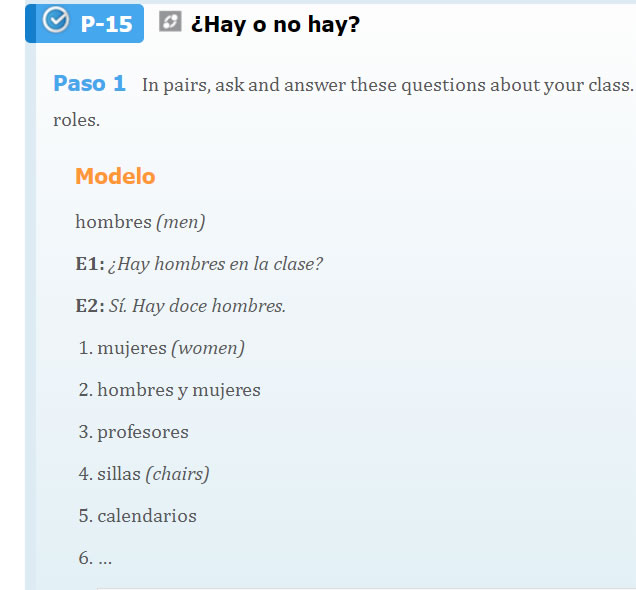
- Preguntas (P-18) y P-20 Información personal
- ¿ De _____ es usted?
- ¿ _____ es tu dirrección?
- ¿ _____ personas hay en su familia?
- ¿ _____ son sus padres?
- ¿ _____ es su número de teléfono?
- ¿ De _____ es su familia?
- ¿ _____ es su cmpleaños?
- ¿ _____ le gusta este barrio?
- Más preguntas. (P-19)
- ¿ __________ ? Me llamo Carolina.
- ¿ __________ ? Estoy bien.
- ¿ __________ ? Los profesores de español son el doctor Garza y la doctgora Valenzuela.
- ¿ __________ ? Hay veinte estudiantes en la clase.
- La acentuación
- Vocal, n o s - penúltima sílaba - llama, llamas, llaman
- Cualquier otra cosa - última sílaba- haber, usted, -
- Tilde - especifico, especifico, especifico
- Gramatical homófonos - tú y tu, él y el, más y mas
- En acción
- buenos
- señorita
- hablar
- gusto
- muy
- estás
- estas
- trabajar
- que
- qué
- profesor
- profesora
- llamamos
- vemos
- Repaso
- Saludos y despedidas
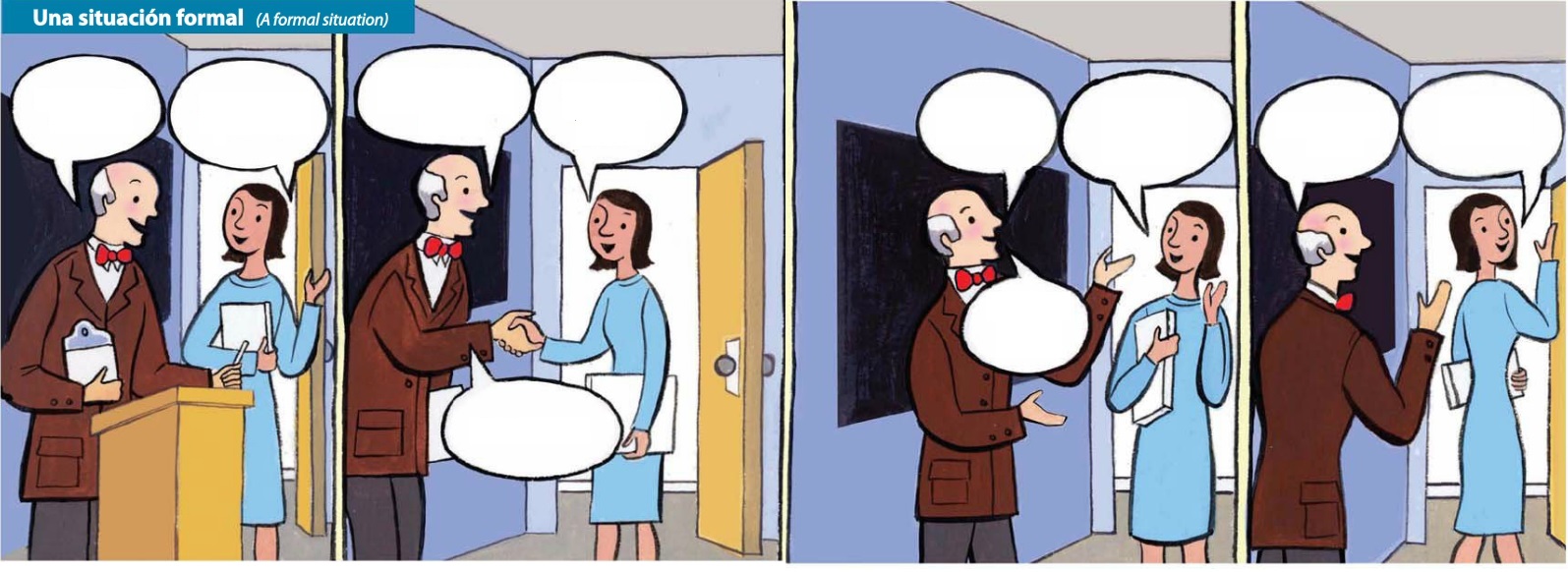 e e 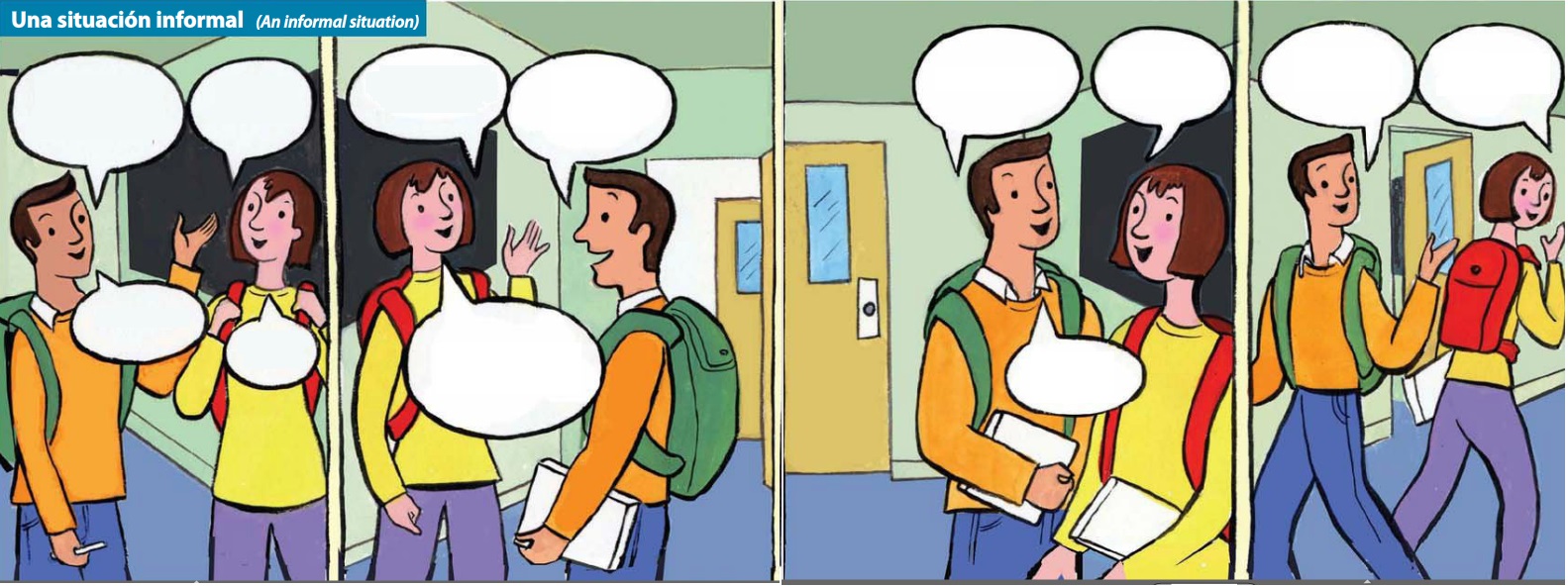
- Repaso - Encuentro cultural
- Lengua notable, el español
- ¿Cuántas personas hablan español como primer idioma?
- ¿Para cuántos países es español el idioma oficial? ¿En que continentes están? ¿Cuáles son los países?
- ¿Sabes cuáles son la otras lenguas que han influido la lengua española?
- Persona notable, Simón José Antonio de la Santísima Trinidad Bolívar y Ponte Palacios y Blanco ¿Por qué se llama él "El Libertador"?
    
- Historia notable, Teotihuacán ¿Dónde está? ¿Por qué es importante?
- Lugar notable, La Alhambra ¿En qué país se encuentra? ¿Qué es?
- Repaso - EL verbo HABER
- Mapa 1 y Mapa 2 y Mapa 3 y Mapa 4
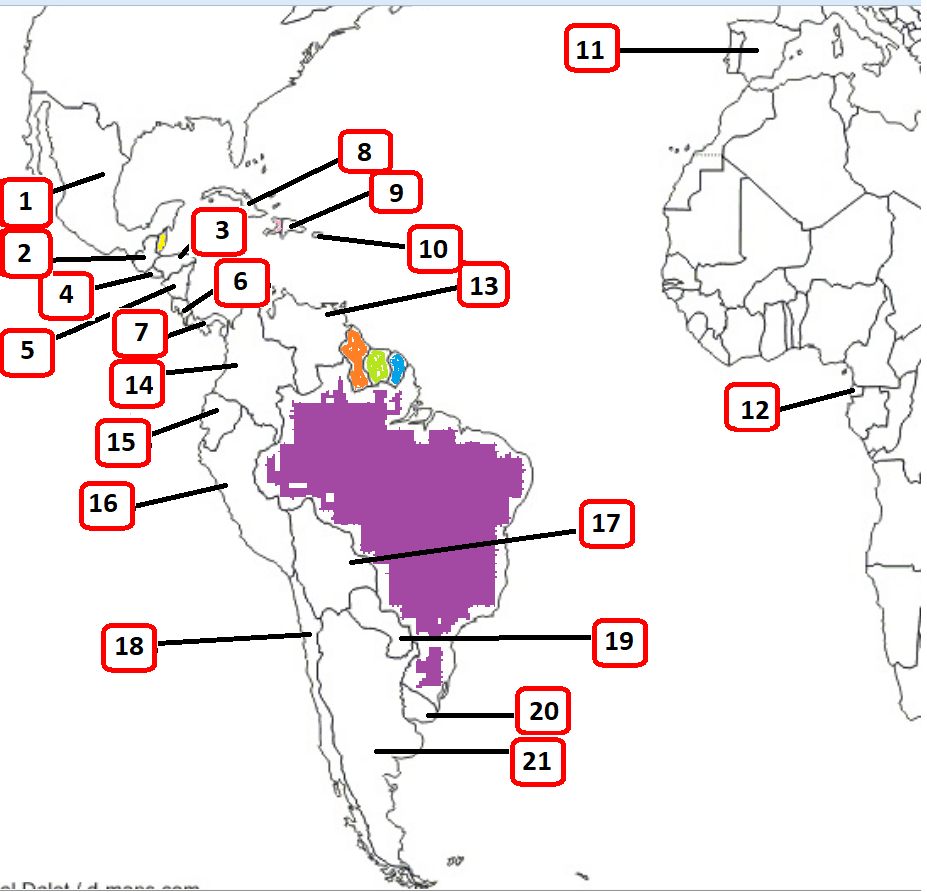 ¿Cuántos países hay? ¿Cuántos países hay?
- En la clase de español ...
¿Cuál es el continente? ¿Qué parte del mundo es? ¿Cuáles son los países? ¿Qué país no es hispano?
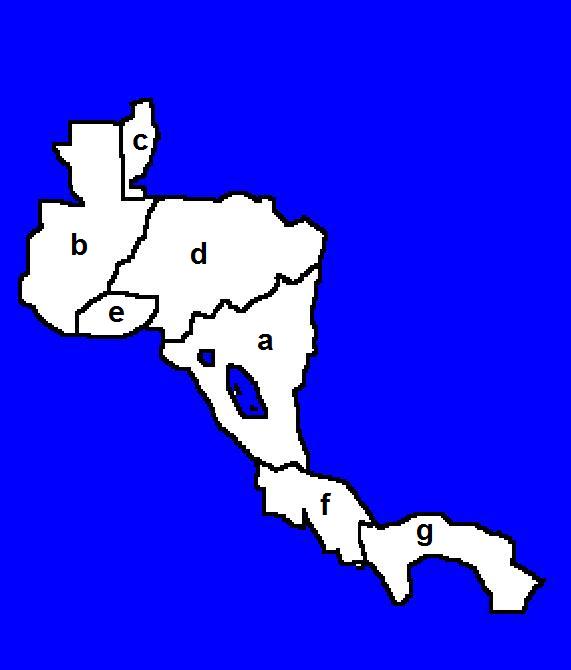
English Alphabet
a. alphabet
b. brought
c. cough
r. red, read, reed, root, route
s. slough
t. through, trough, though, thought, thorough, tough
|





